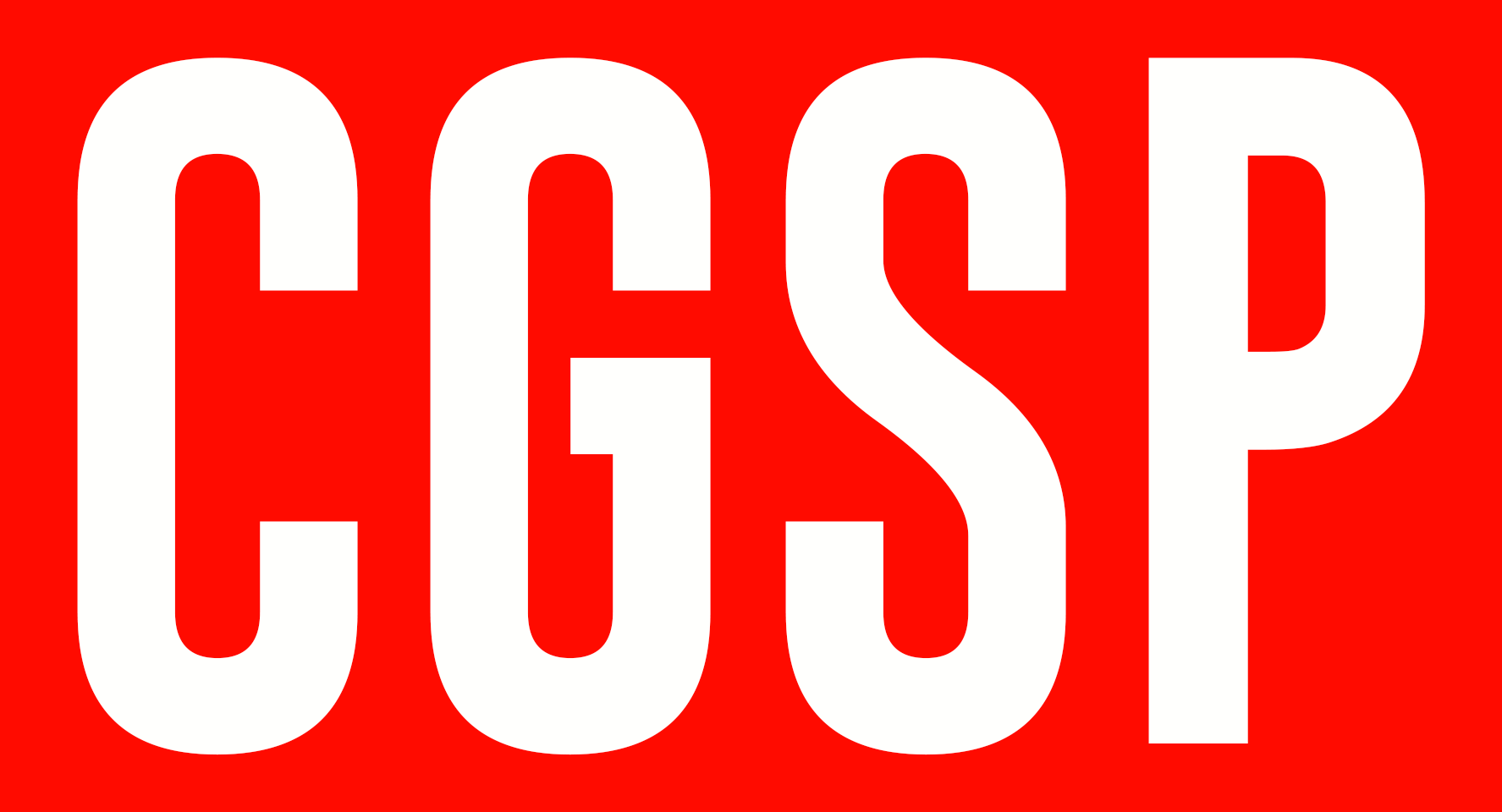For many years, the CGSP-Enseignement-Recherche has been denouncing the creeping managerialization of universities. Insufficient funding for higher education, the health crisis and the digital policy being implemented by the authorities are accelerating this trend. Against this backdrop, members of the scientific and academic bodies are more than ever aware of the need for a strong union to oppose this managerialization of the University or, where necessary, to negotiate its terms collectively, to the benefit of teachers, researchers and a certain conception of the University and its missions. As the economic crisis looms, we will be there to defend this conception of the University, to ensure that teachers and researchers are not made the adjustment variable of the reforms envisaged, and to provide individual support to staff members in difficulty.
The work of ULB’s CGSP-enseignement section, which brings together members of the affiliated academic and scientific bodies, is structured along several lines:
Individual assistance to staff members who encounter problems with their superiors, or who wish to obtain advice or support when their employment situation changes. This activity is at the heart of the solidarity practices we promote.
Representing and defending the interests of researchers and teachers in various bodies where union representatives periodically meet ULB authorities in various consultative or negotiating bodies. For example, we opposed certain points in the career note as vigorously as possible.
The CGSP enseignement-recherche is present in the ULB’s social consultation bodies.
Social consultation bodies at ULB
To be the teaching, research and community services center that it is, the University must rely on the work of its teaching staff, researchers and administrative staff every day. It is also an employer, and one of the largest in the Brussels-Capital Region. As such, the University must play the game of social consultation. Neither the Rector, the Director General, the Academic Council nor the Board of Directors can do as they please. Before making any decisions, they must inform, consult and even negotiate with the staff representatives elected to sit on the bodies established by law: the works council, the committee for protection and prevention at work, and the union delegation.
The Works Council
The Works Council (EC) is made up of half representatives of the University authorities and half representatives of academic, scientific or administrative staff elected in social elections. It meets every month.
The Works Council is an information, consultation, decision-making and supervisory body.
The Executive Committee is a body for information, consultation, decision-making and supervision.
The University authorities must keep the Executive Committee regularly informed of the University’s general situation. They must also consult it prior to any decision on measures they are considering which could modify the organization of work, working conditions or the organization of careers and promotions. Within this framework, staff representatives give their opinions, and make suggestions or objections which will, in principle, be taken into account by the authorities. The Works Council also decides on any changes to work regulations, the use of funds earmarked for social works (prices of university restaurants, social, sporting and cultural activities, etc.), the vacation schedule and rules on career breaks.
Finally, the Works Council ensures that the University complies with all social legislation.
Occupational Health and Safety Committee
The Committee for Protection and Prevention at Work (CPPT) is made up half of representatives of the University authorities and half of representatives of academic, scientific or administrative staff elected in social elections. It meets every month.
The tasks of the CPPT are complementary to those of the Works Council. It is also an information, consultation, decision-making and supervisory body, but its remit relates to staff welfare. Protection of health, hygiene and safety, the University’s environmental and mobility policies, and the prevention of stress and burn-out are just some of the areas in which the CPPT exercises its powers.
Union delegation
Social dialogue is not limited to informing and consulting the University’s academic, scientific and administrative staff. It also involves negotiation with the University authorities in the event of disagreements or disputes, whether individual or collective, or in order to establish new collective rules through agreements. This is the responsibility of the union delegation, whose members are appointed on the basis of the results of social elections.
Other consultative bodies
Since the integration of architecture and translation and interpreting studies, the University has also included colleagues from Hautes Écoles and Instituts Supérieurs. They retain the status and rights they had when they joined the University. In order to guarantee these rights, a number of consultative bodies, unknown to the University until recently, have had to be set up: the Comité de Concertation de Base (COCOBA) and the Commissions Paritaires Locales (COPALOC). In these bodies, staff representatives are not elected in the social elections, but appointed by the trade unions.
